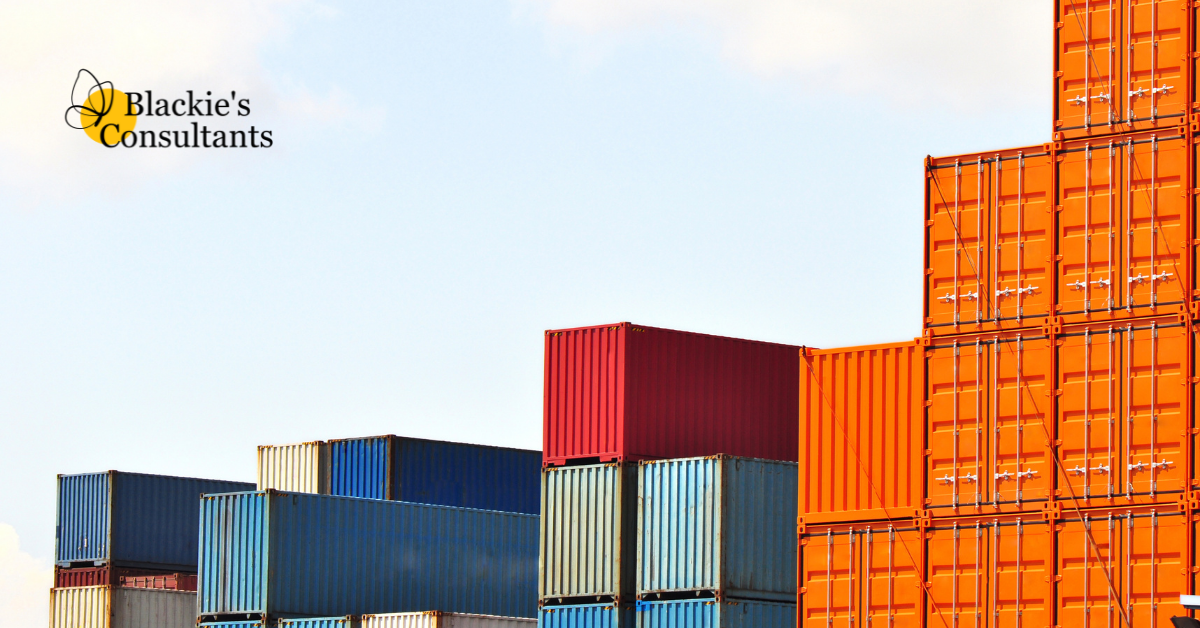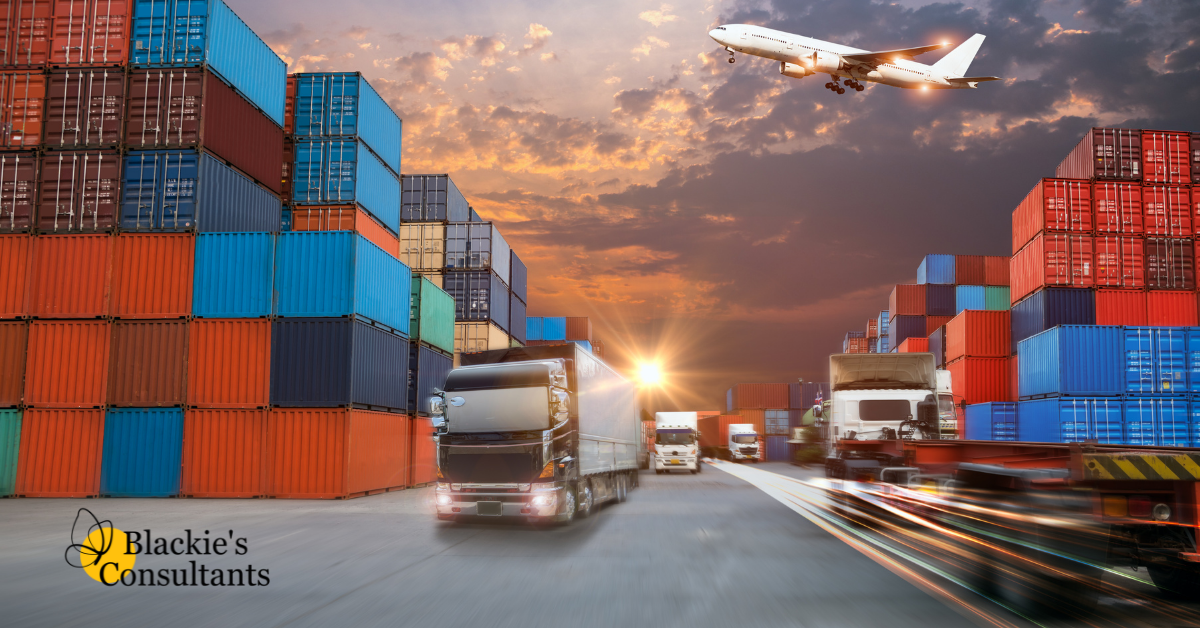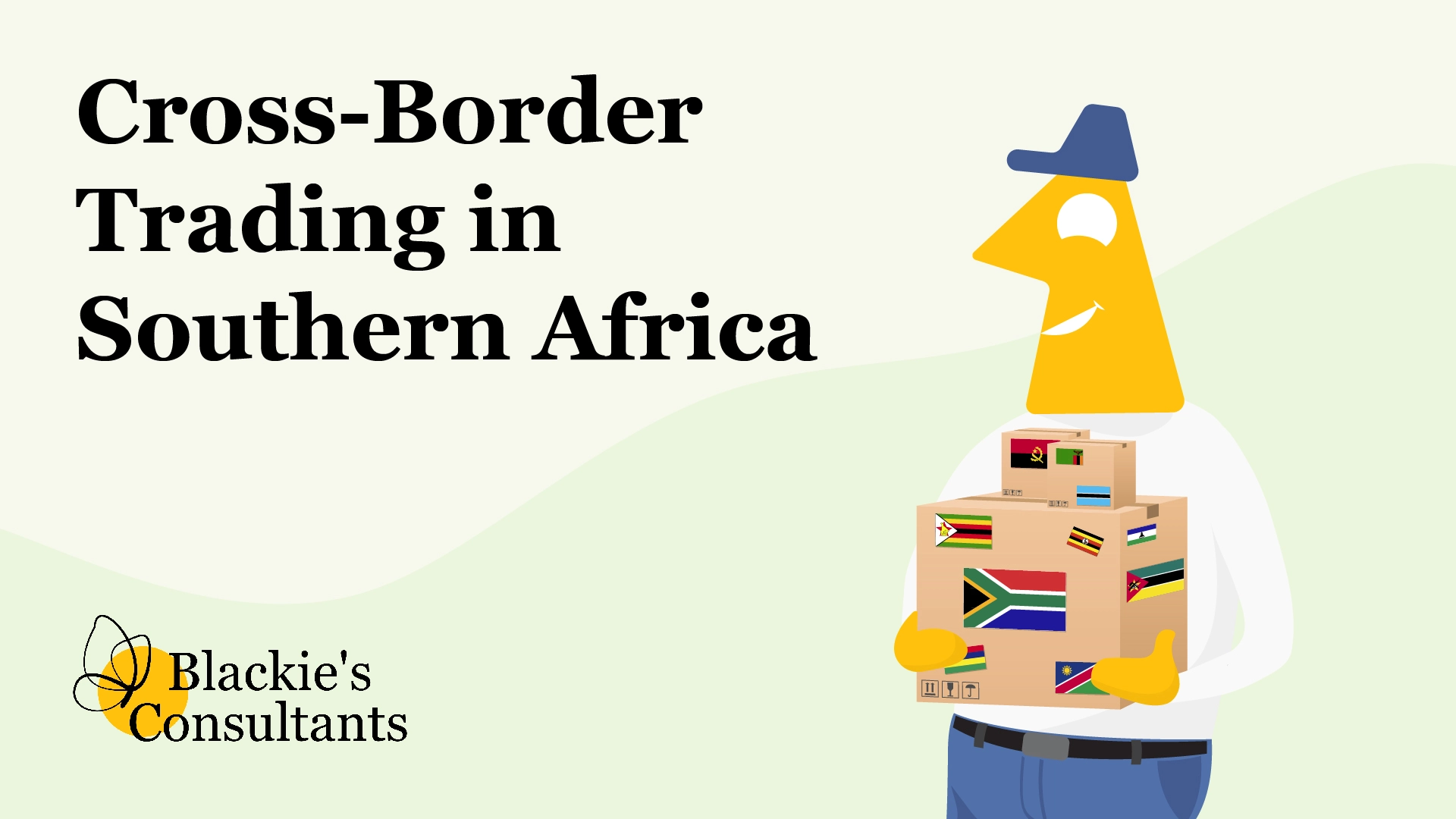If customs clearance has you confused, you’re not alone. Trying to navigate your way through piles of paperwork and know-how is daunting and tricky. Just one small mistake on your paperwork can result in delays and cancellations of cargo – to name a few.
The Blackie’s brand is synonymous with accuracy and expertise. Their highly-specialised and fully licensed customs brokers and consultants offer guidance and trade facilitation between local and foreign entities.
Customs expert, Ernest van Vuuren, helps us answer 10 of the most critical questions relating to customs clearance.
1. What Is Customs Clearance?
Customs Clearance is the act of electronically declaring goods through the relevant customs authority to facilitate the movement of cargo into a country (import) and out of a country (export). Customs Clearance also involves preparing and submitting documents required to facilitate exports and imports into the country.
2. What Is A Customs Broker?
Customs brokers are defined in the Revised Kyoto Convention (RKC) as duly registered “third parties”, in the meaning of any person who deals directly with the Customs, for and on behalf of another person, relating to the importation, exportation, movement or storage of goods.
3. Can I Do My Customs Clearance, Or Do I Have To Use A Broker?
While the law does not mandate the use of a licensed broker, you can register with the relevant BLNE (Botswana, Lesotho, Namibia, Eswatini) authority to do your own Customs Clearing – given you qualify and conform to said authority standards and have sufficient knowledge of their legislations and procedures.
However, you should absolutely have one in your corner to garner customs clearance for imports on your behalf.
Customs brokers can help importers and exporters avoid costly errors pertaining to the necessary documentation and examination of goods, among other significant advantages.
4. What Is The Difference Between Custom Duty And Import Duty?
Customs and Import duties are the same things. Customs impose it, and they are levied on imported goods to raise revenue and protect the local market.
“Note” no import/customs duties are levied between BLNE SACU member states on goods originating from such SACU member states as per their trade agreement.
5. Where Does Import TAX Fit In?
Import “TAX” can be “import duty”, or it can be VAT on Import value and duties or both.

6. Who Will Pay The Customs Duty – A Sender Or Receiver?
Both sender and receiver can pay the customs duty. It all depends on the INCOTERMS. If you do business under the FOB TERM, the receiver should pay import customs duty. If your term is DDP, the sender should pay the customs duty at the destination country.
7. What Is The Difference Between Import Duties And Tariffs?
All import and export transactions require declarations according to an appropriate tariff heading. The tariff heading will indicate the correct rate of duties or duty calculation to use.
8. What Is The Difference Between Customs Duty And VAT?
Value-Added Tax is commonly known as VAT. VAT is an indirect tax on the consumption of goods and services in the economy.
Customs duty is levied on imported goods to raise revenue and protect the local market.
9. What Is The Purpose Of Customs Duty On Imports/Exports?
Customs duty is levied to raise revenue and protect the local market.
10. Why Do We Have To Pay Import Duty And Tax?
Value-Added Tax is commonly known as VAT. VAT is an indirect tax on the consumption of goods and services in the economy.
Blackie’s consultants and brokers help you keep your business performing across borders. Reach out to an expert today.




